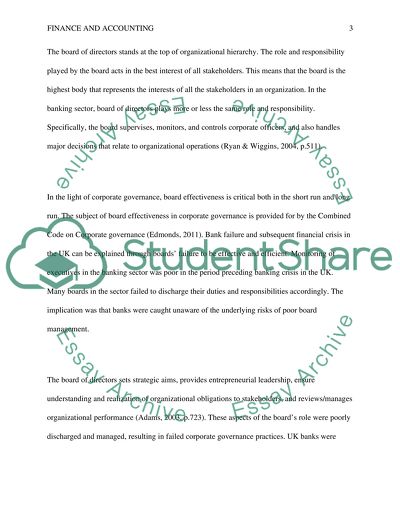Cite this document
(“Corporate Governance in Financial Services Essay”, n.d.)
Corporate Governance in Financial Services Essay. Retrieved from https://studentshare.org/finance-accounting/1469181-corporate-governance-in-financial-services
Corporate Governance in Financial Services Essay. Retrieved from https://studentshare.org/finance-accounting/1469181-corporate-governance-in-financial-services
(Corporate Governance in Financial Services Essay)
Corporate Governance in Financial Services Essay. https://studentshare.org/finance-accounting/1469181-corporate-governance-in-financial-services.
Corporate Governance in Financial Services Essay. https://studentshare.org/finance-accounting/1469181-corporate-governance-in-financial-services.
“Corporate Governance in Financial Services Essay”, n.d. https://studentshare.org/finance-accounting/1469181-corporate-governance-in-financial-services.


